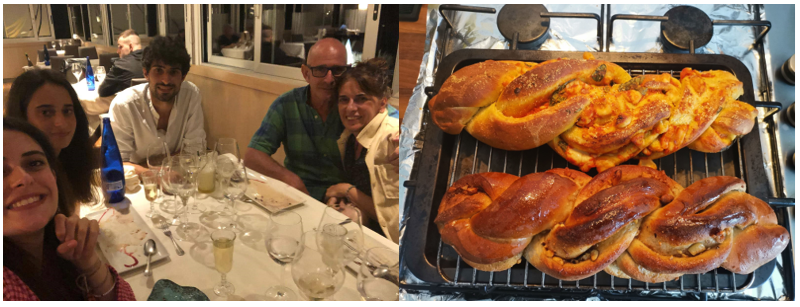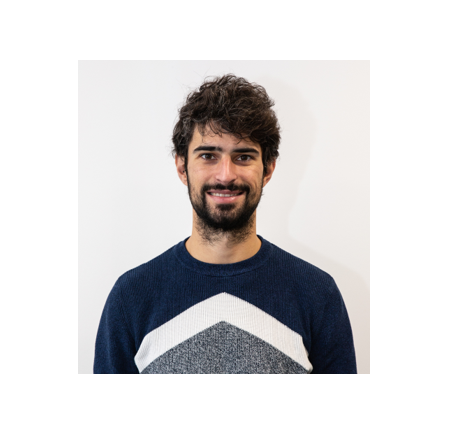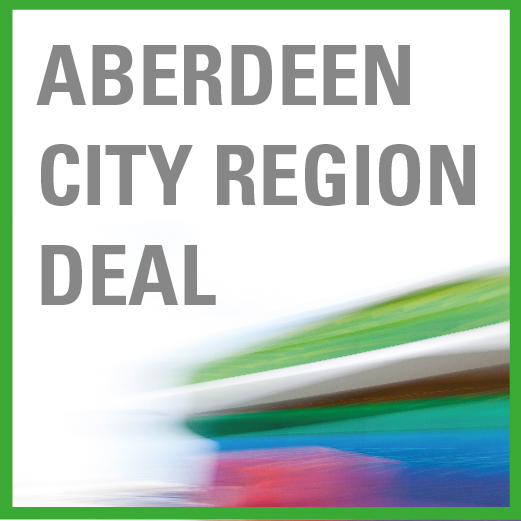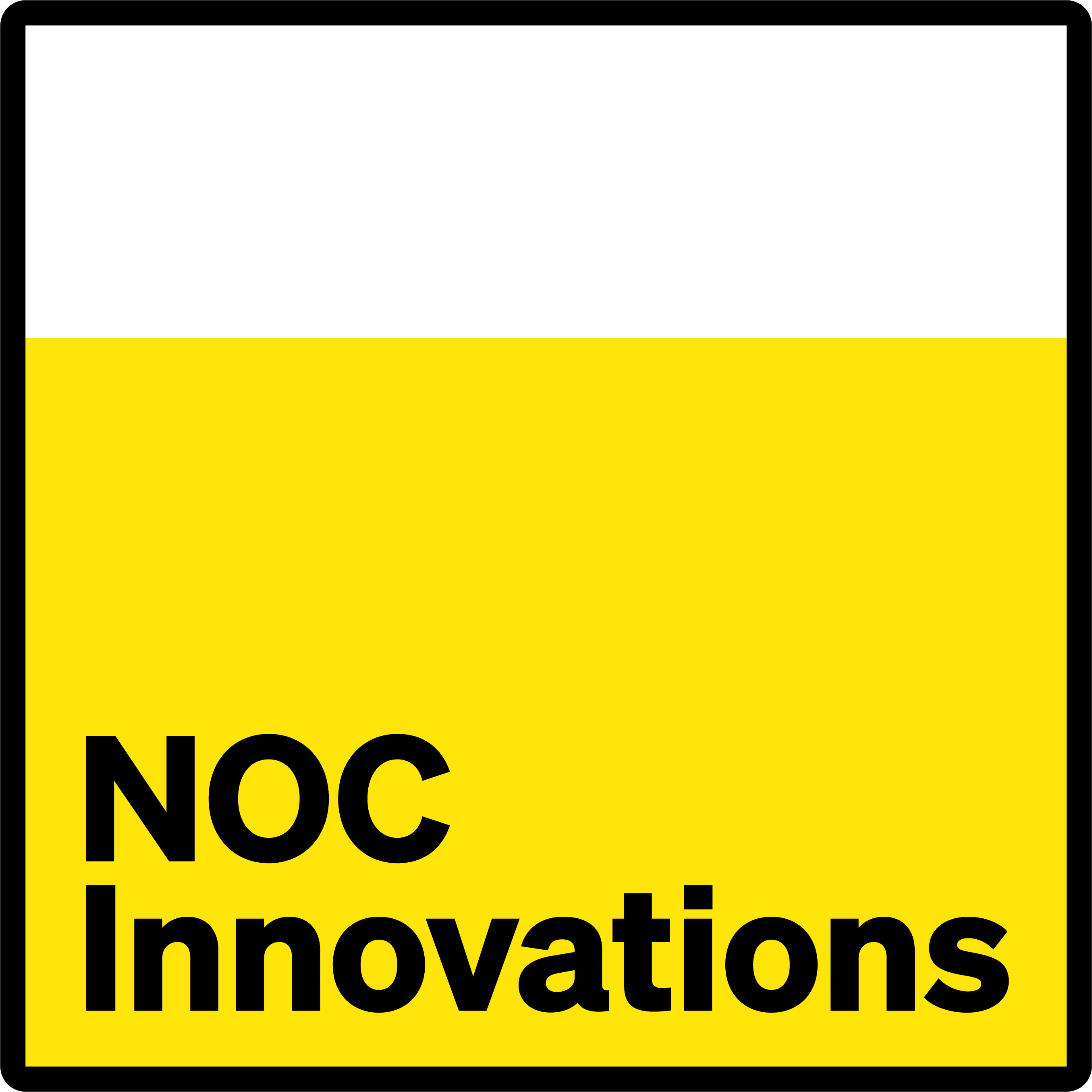Get to know our Net Zero Operations Research Assistant, Joan Alza Santos. Originally from the Basque Country, Joan has been part of the Net Zero Operations team at the NSC since August 2021. Joan previously studied at the University of the Basque Country before joining Robert Gordon University in 2018 to undertake his PhD in Dynamic Permutation-based Optimisation. Throughout his studies, Joan has had his work published in several high-quality conferences, including ‘IEEE Congress on Evolutionary Computation (CEC)’, ‘Genetic and Evolutionary Computation Conference (GECCO)’ and ‘Parallel Problem Solving from Nature (PPSN)’, in addition to a publication in the 'Swarm and Evolutionary Computation (SWEVO)' journal.
What is your research all about?
I primarily focus on modelling and optimising real-world situations, mainly subsea or marine related. Since joining the NSC, I have worked on a project called ‘Passenger and Freight Ferry Modelling’ in collaboration with ZetTrans. As part of this, we have designed a model that simulates realistic maritime passenger and freight transportation and facilitates decision-making regarding service provisioning and planning.
Furthermore, I am currently part of the ‘Data for Net Zero (D4NZ)’ project, part of the Net Zero Technology Transition Programme. Specifically, I am working on the ‘Floating Offshore Wind and Fisheries Spatial Data Predictive Planner’ work package, where we aim to develop a predictive planner demonstrator for commercial fisheries and the offshore energy industry using real-time vessel tracking data, environmental data for the North Sea and climate change models.
What or who first sparked your interest in your research subject?
Since I began my studies, I have been interested in the mathematical and abstract parts of computer science, and I have become curious about the field of optimisation. By mathematically modelling and solving optimisation problems, I enjoy looking at different aspects of problems and algorithms, such as the mathematical configuration of the problem or the behaviour of algorithms. Moreover, the NSC gave me the opportunity to apply previously acquired knowledge and techniques into marine and subsea sectors and my interest has grown ever since. This growth of interest comes from my roots as I come from a city and family where the fishing sector is of great importance.
What impact is your research having outside of academia?
My research is primarily based on supporting or addressing the challenges presented by the industry. Modelling and optimising real-world scenarios can significantly help improve design and operational efficiencies in industry-related operations, such as logistics planning or scheduling. This way, by optimising these issues, we can deliver high value solutions with profits worth millions of pounds.
Are there any role models or mentors who have helped you along the way?
Although I am a young researcher, I have had the opportunity to meet and collaborate with various successful and influential role models, all of whom have been transcendental in pursuing my aspirations as a researcher.
I admire the analytical mind and determination of Josu Ceberio, my first reference as a researcher and my external supervisor during my PhD studies. Josu also introduced me to Professor John McCall, my main supervisor and Director of the NSC, and probably the best researcher and scientist I have ever met. John is a natural leader with great communication skills, always respectful and supportive and continually seeking industry collaboration to find and solve industry challenges. During my early years at RGU, John assigned Olivier Regnier-Coudert (a former RGU employee) as my mentor, and I was impressed by his cooperative spirit and commitment. Last but not least, I praise the professionalism and perseverance of Carlos Moreno-Garcia, a friend, colleague and reference researcher at RGU.
What advice do you have for somebody embarking on a research career?
I would recommend that you focus on developing analytical and communication skills. It is very common to find researchers (especially young researchers) who are obsessed with publishing, which is also important because it helps to develop more critical and analytical thinking. However, personally, I view research as the contribution and integral communication, written and verbal, of the findings or results of a piece of work. For this reason, I find that analytical and communication skills help to elaborate new and interesting ideas or actively collaborate in discussions or brainstorming sessions.
What's your favourite thing about the NSC?
The ambition, research opportunities, working environment within the different teams and industrial collaborations are the main aspects that I would highlight about the NSC. Through collaboration between internal NSC teams and industry, the centre aims to develop a faster, more cost-effective and sustainable transition to a net-zero energy basin in the North Sea, but is always looking for global expansion.
What do you enjoy doing outside of work?
Coming from the Basque Country, where the gastronomy is one of the best in Europe (if not the world!), I love cooking and meeting friends and family around a table to share good food and drinks. I also like outdoor sports and playing and listening to any kind of music.









